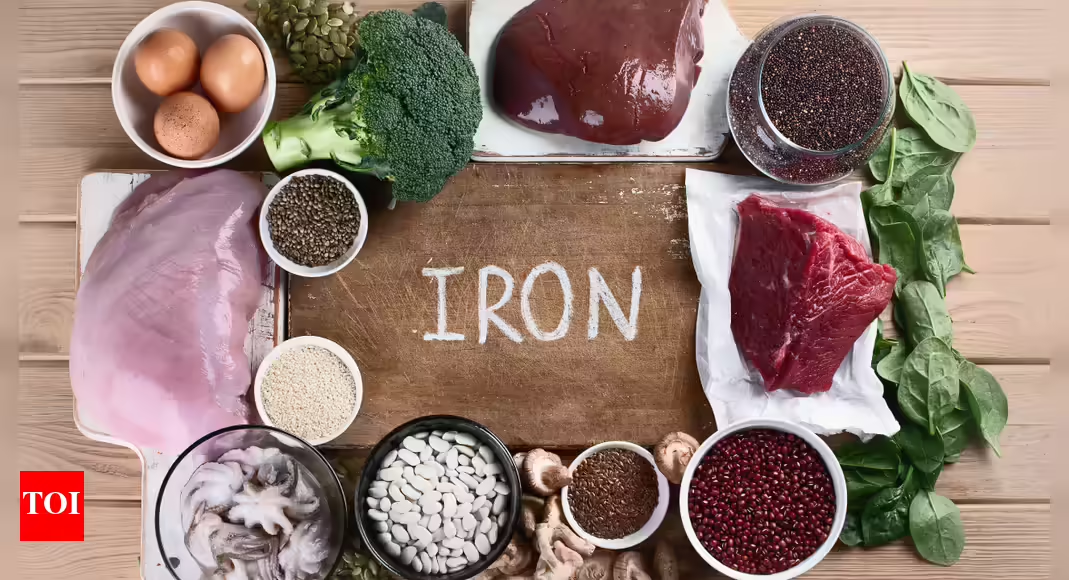Could the COVID-19 Vaccines Hold the Key to Boosting Cancer Survival?
In a groundbreaking twist, recent research suggests that the very vaccines designed to combat COVID-19 may also play a role in enhancing the survival rates of certain cancer patients. With the Pfizer-BioNTech and Moderna vaccines already setting records for their impact on public health, scientists are turning their attention to an unexpected area: oncology.
Unveiling New Potentials
Studies from renowned institutions like the MD Anderson Cancer Center in Houston and the University of Florida have revealed that mRNA vaccines may significantly improve outcomes for patients undergoing immunotherapy for advanced lung and skin cancers. Those patients who were vaccinated within 100 days of starting their treatment experienced notably longer survival times compared to their unvaccinated counterparts. This surprising correlation indicates that the vaccines might “prime” the immune system, making it more responsive to therapies that target tumors.
Dr. Adam Grippin, leading the investigation at MD Anderson, articulated this phenomenon by likening the vaccine to a “siren” that activates immune cells across the body, making immune-resistant tumors more vulnerable to attack.
Demystifying mRNA’s Role in Immunotherapy
So, how does mRNA fit into this equation? Messenger RNA (mRNA) is a natural part of our cells that carries genetic instructions for protein production. Originally spotlighted for its role in developing COVID-19 vaccines, mRNA has long been a subject of research for cancer treatment as well. Even generic mRNA vaccines are proving capable of ramping up the immune system’s activity against cancer, dispelling any notions that specificity is a necessity for efficacy.
Dr. Jeff Coller from Johns Hopkins University emphasized the versatility of mRNA technology, reassuring that the potential health benefits of these vaccines are continually surprising scientists.
A Promising Future for Cancer Treatment
The implications of this research could be monumental. With checkpoint inhibitors—key tools in immunotherapy—failing to work effectively for all patients, the addition of mRNA vaccines could enhance their effectiveness. Clinical trials are already on the horizon to explore the combined potential of mRNA vaccines and existing cancer therapies.
If this combination proves successful, it would mark a significant advancement in treatment protocols, potentially turning widely accessible COVID-19 vaccines into powerful allies in the fight against cancer.
Conclusion: A New Horizon in Medicine
While the initial aim of COVID-19 vaccines was to curb the global pandemic, their newfound role in cancer treatment exemplifies the unexpected potentials of mRNA technology. As we continue to explore new avenues in medicine, the fusion of these innovations may pave the way for more effective cancer solutions, offering hope to patients facing daunting diagnoses.
By embracing this dual-functional approach, we may not just be fighting one disease but are possibly opening doors to a brighter future for those battling cancer.




